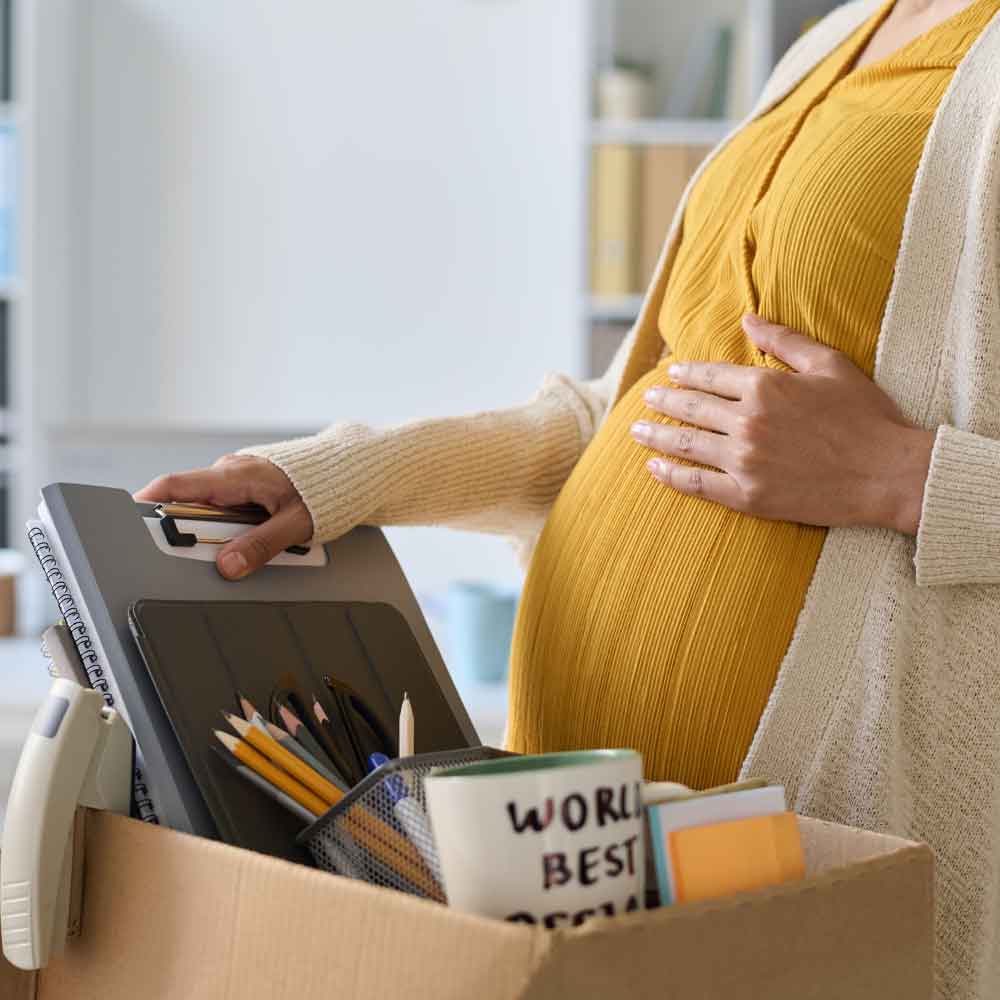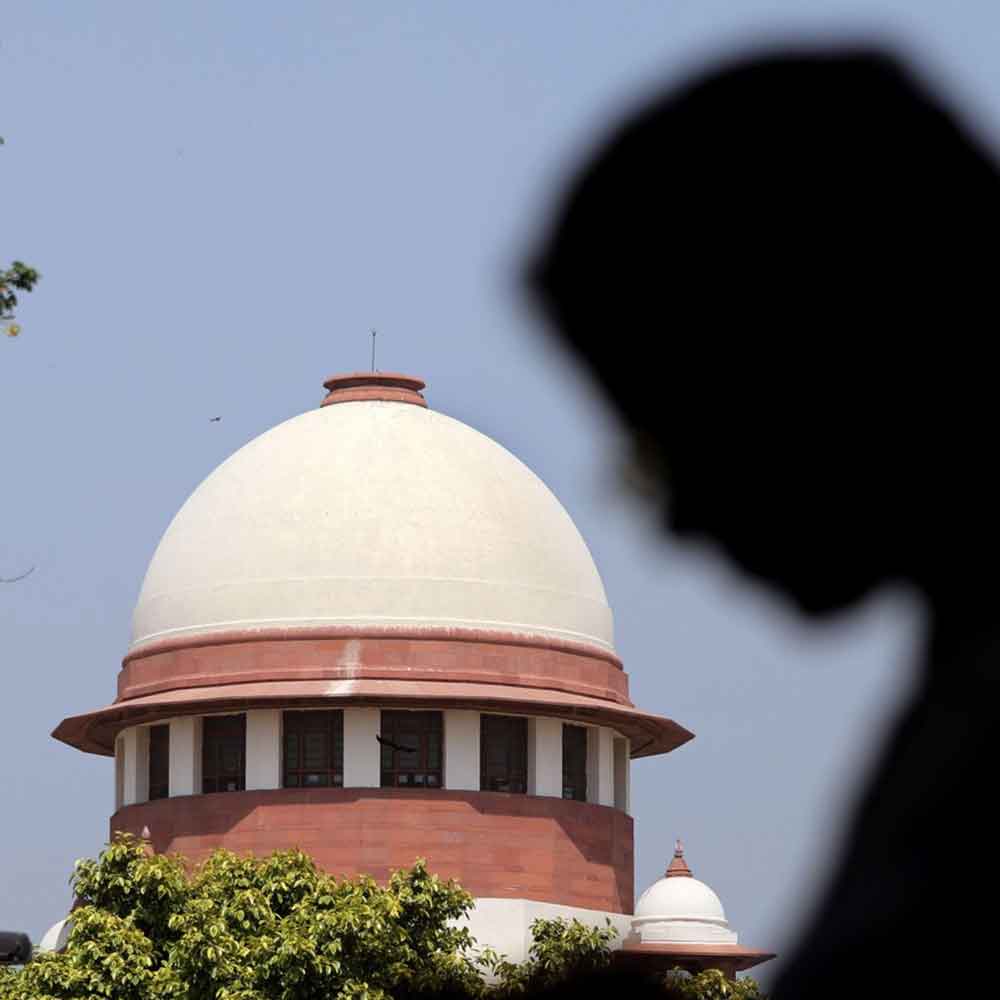The Supreme Court declared that maternity leave is an essential feature of women's reproductive rights and maternity benefits. A bench of Justices Abhay S Oka and Ujjal Bhuiyan said that no organisation may deny a woman her entitlement to maternity leave.

The ruling was rendered at the hearing of a case submitted by a government teacher from Tamil Nadu who had been refused maternity leave following the birth of her child from her second marriage. The woman claims that because she already had two children from her previous marriage, she was not granted leave.

According to a rule in Tamil Nadu, a mother is eligible for maternity leave benefits only after the birth of her first two children. The mother did, however, point out that because she was not employed at the time, she had not taken advantage of any maternity leave or benefits for her first two children. She said that it was only after her second marriage that she began working, and now she wished to make use of this benefit. The petitioner's attorney KV Muthukumar, claimed that because she had previously been denied Tamil Nadu's maternity benefit provisions, the state's decision to deny her maternity leave was a violation of her fundamental rights.

In support of the petitioner, the Supreme Court enlarged the definition of maternity benefits, declaring that maternity leave would now be accepted as a fundamental reproductive right. Any pregnant woman may take up to 12 weeks of paid maternity leave following the delivery of her child under the maternity leave policy.
Following directives from the Supreme Court, the Maternity Benefit Act underwent significant changes in 2017. All women employees now have access to 26 weeks of maternity leave. A 12-week maternity leave is also granted to women who have adopted a child.
Image source: Reproductive rights, Google